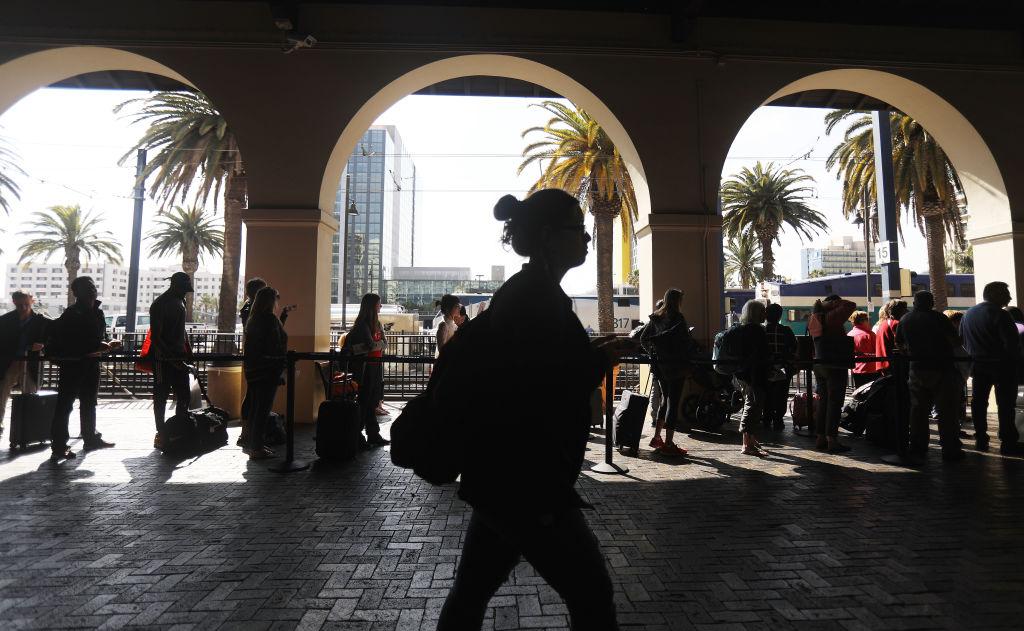SAN DIEGO—The San Diego Metropolitan Transit System announced on Jan. 25 that it has begun onboarding private security officers with Inter-Con Security to provide security services on trolleys, buses, and on the transit system’s properties.
The first officers began on New Year’s Day and by the end of the month, the transit system expects to have 190 Inter-Con officers ready to join its 80 code compliance inspectors.





